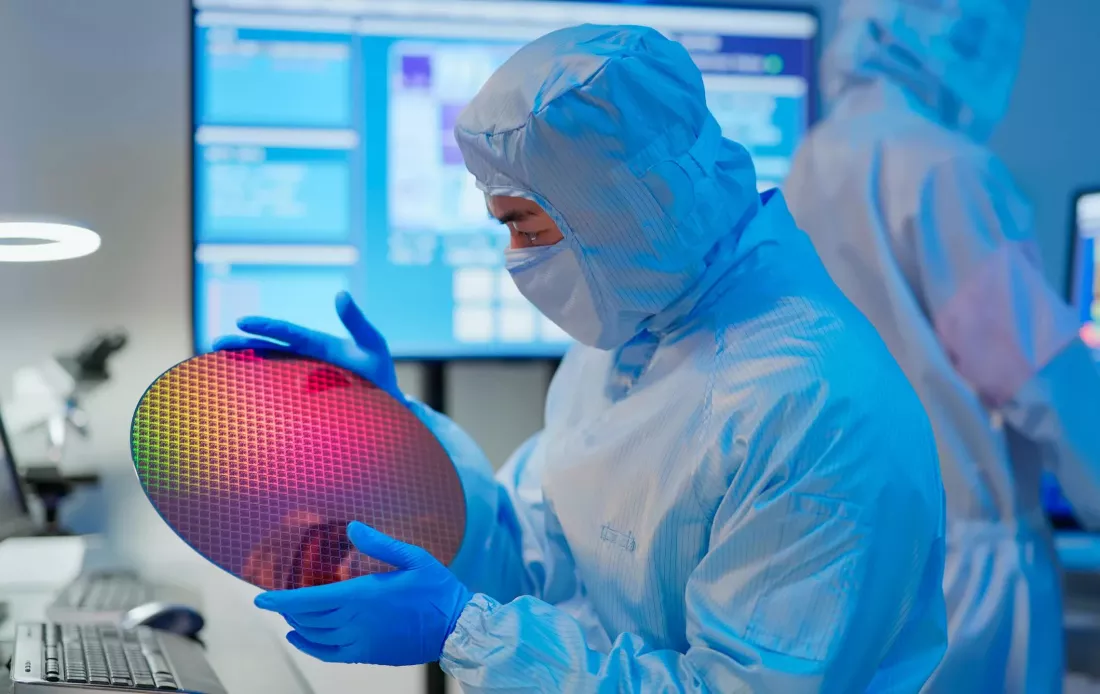This has nothing to do with tariffs.
Tariffs are paid by the importer, this just sounds like tsmc is raising prices.
Depends on when the product is shipped. If there’s a part of the process of manufacturing that’s done in the US and TSMC isn’t inside a FTZ, then they have to pay tariffs for that step.
I mean, I don’t know their process. But production outside of foreign trade zones can subject a producer to tariffs before the final product is made. Just kind of depends on how they’re set up.
In the US, right?
I mean, screw that garbage pit, I don’t care much what happens in there, call me when it stops being on fire…
…but I’d be miffed if somehow the feces hitting the fan starts splattering elsewhere for no real reason. If anything I would expect lower US demand caused by tariffs to tweak prices elsewhere down.
It doesn’t sound like this is US only. The article strongly implies this is an across the board increase for all customers irrespective of the final destination of their products.
I don’t see how that would go down particularly well with Europe and Asia if they’re made to pay whatever percentage of Trump’s bills without getting to collect any of the tax.
Of course that’s not what’s actually happening here. They’re reproting a potential increase in prices BEFORE tariffs arguing potentially lowered demand, but really just because… money. See also the inflation cycle.
So I’m still kinda right in that scenario, in that the US would get hit with the same corporate greed monopolistic price hike as everybody else and THEN hit with whatever extra customs cost Trumpler farts out this week. The rest of us just get dragged into another fake inflation cycle because any excuse is a good excuse this decade, apparently.
I’m due a new pc. If they increase costs across the board, I will simply postpone buying one until they ever do lower (if they ever do). If they keep costs flat or go lower, I buy. I am just one person, but there’s tens of thousands in the same position.
It is unlikely that nominal (i.e. not inflation adjusted prices) will do anything but go up. I would argue this will be true irrespective of US tariff policy.
TSMC’s 7nm wafers (from ~2018) were around $10,000. 3nm wafers (from ~2022) cost around $18,000 and this is before any impact from US tariff policy. 2nm (to be released in 2025) is speculated to be in the ~$30,000 range (before tariffs?).
There are of course many other factors at play (yields, semiconductor size) and fabrication is only one cost component (there is also design, packaging, validation), but the trend is pretty clear.
TSMC is well positioned to pass on tariff costs, it’s not like their is a viable alternative to their services.





